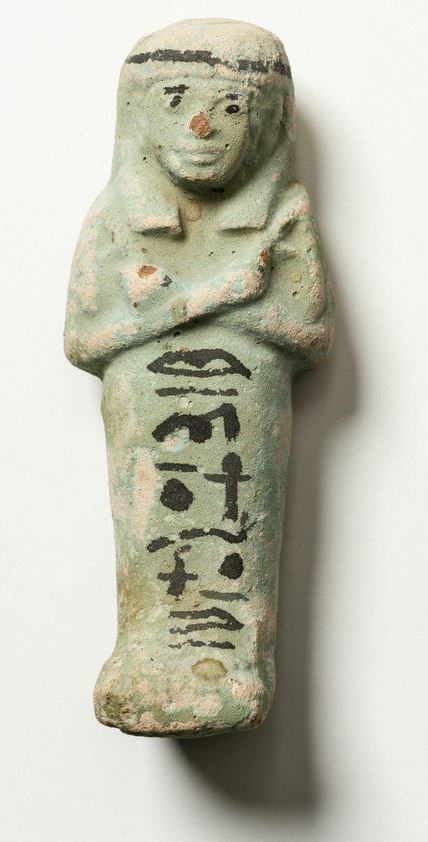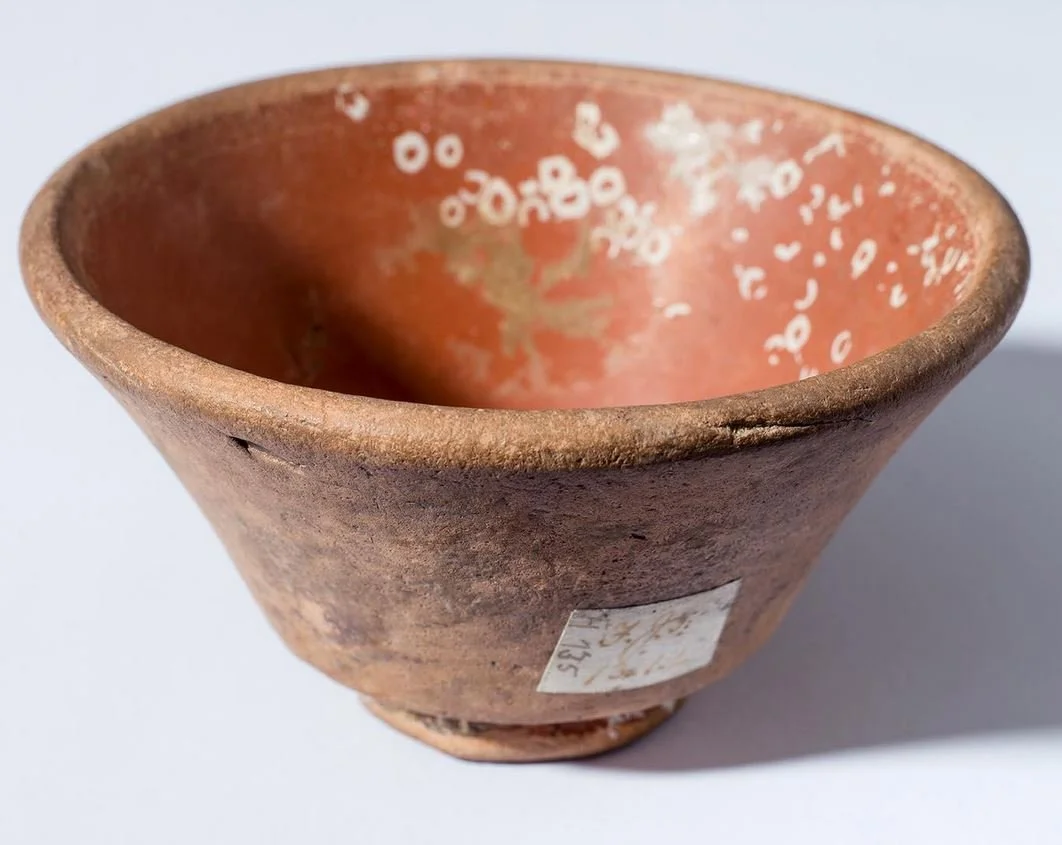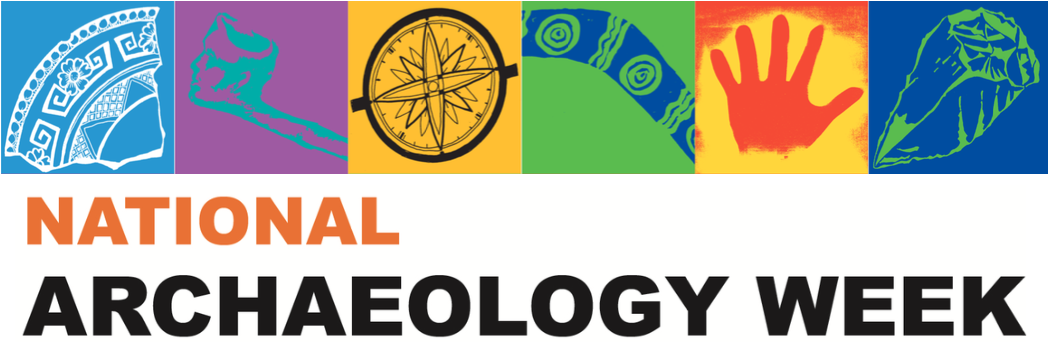


Trivia Night at Queensland Museum Kurilpa
Queensland Museum's Archaeology team is hosting a trivia night as part of National Archaeology Week and you're invited to join in the fun. You don’t need to be an archaeologist to compete for glory! Just organise a team of six, bring your pocket money (cash bar on the night) and prepare to trivia.

National Archaeology Week Panel
Join us for a fascinating public panel discussion as part of National Archaeology Week. Discover what it's really like to be an archaeologist in Australia, explore diverse career paths, and hear captivating stories from experts working across the field. This is your chance to delve into the world of archaeology and ask your burning questions.


Unearthed Family Day at Mayes Cottage
Unearth history at Mayes Cottage! The day will include hands-on children's activities including old-fashioned games, and displays and talks on archaeology and artefacts unearthed at Mayes Cottage.

Moreton Bay History Seminar
Discover significant events and exciting narratives at the 8th annual Moreton Bay History Seminar. With engaging guest speakers and stalls from the region's historical groups and societies, the all-day 2025 seminar promises to showcase the culture and heritage of Moreton Bay.

Hands-on Fun for Junior Archaeologists
Using archaeologists’ tools, what might you discover at Mayes Cottage? Celebrate National Heritage Month and join in the fun at “Digging through the past family fun day”. For ages 5 years and over.

Toowong Cemetery Archaeological Dig
CANCELLED DUE TO RAIN. Toowong Cemetery runs yearly excavations as part of National Archaeology Week. These excavations are designed to recover buried headstones from the North Brisbane Burial Grounds (1843-1875), which is now home to Suncorp Stadium. On Saturday 25 May, families and residents are encouraged to attend from 9am to be a part of the dig and perhaps make a fascinating discovery.

Lithic Knapping Day
The Griffith University and University of Queensland Archaeology Societies have joined forces to present a Lithic Knapping Day! Join them at Griffith Uni for an afternoon of stone tool making (and snacks).


Moreton Bay History Seminar
Discover significant events and exciting narratives at the seventh annual Moreton Bay History Seminar. With engaging guest speakers and stalls from the region's historical groups and societies, the all-day 2024 seminar promises to showcase the culture and heritage of Moreton Bay.

Maritime Archaeology Course Part 1
Join Toni Massey for a two-day introduction to maritime archaeology! The course will focus on aspects such as pre-disturbance, or in other words, non-intrusive surveys of shipwreck sites, with both theoretical lecture components and simulated underwater exercises. No diving experience is necessary.

National Archaeology Week at UQ Anthropology Museum
Dr Kelsey Lowe and Dr Benjamin Schoville present on their research, on the final day of the UQ Anthropology Museum seminar series. Kelsey’s talk will outline recent community-focused research, considering sites susceptible to sea-level rise in the Torres Strait region, and the implications for future management of these sites. Ben’s project gives insight into the development of strategies for living in dry regions, from investigations at the Pleistocene site Witberg 1, in the semi-arid Northern Cape, South Africa.

Antiquities of the Future: 3D Printing and its Potential Role in Museum Collections
Visit the Queensland Museum for a special lunchtime talk. Discover how 3D printing is revolutionizing the museum experience by allowing us to recreate historical and archaeological artefacts in exquisite detail. Compare the real artefacts next to 3D printed replicas and tell us what you think - is this the way forward?

Inspiration on Tap
Gather your network together to uncover the past and explore the future at the upcoming Inspiration on Tap event. Held in collaboration with the Museum of Tropical Queensland, you’ll be surrounded by history as you hear from JCU researchers Dr Maddy McAllister and Dr Nigel Chang about their exciting work in the archaeological sphere.

Trivia Night
Test your archaeology knowledge! To celebrate National Archaeology Week, Griffith University Archaeological Society will be holding a Trivia Night with catering provided by the Unibar!

Food from the Streets of Your Town: An Archaeology of Food in Brisbane, from the 19th Century to Today
Food remains from archaeological sites have given us valuable insights into past societies right across the globe. Join Marc Cheeseman to explore what an archaeological view of Brisbane’s recent food history can tell us. Let’s just say there’s more to the story than Lamingtons.

Antiquities of the Future: 3D Printing and its Potential Role in Museum Collections
Visit the Queensland Museum for a special lunchtime talk. Discover how 3D printing is revolutionizing the museum experience by allowing us to recreate historical and archaeological artefacts in exquisite detail. Compare the real artefacts next to 3D printed replicas and tell us what you think - is this the way forward?

Preserving our Ancient Antiquities for the Future
Visit the Queensland Museum for a special lunchtime talk. Join Curator Brit Asmussen and Conservator Cathy Ter Bogt for an insight into the conservation methods used to preserve and display the rare archaeological items housed at the Museum.

Investigating the Monumental Mounded Clybucca-Stuarts Point Middens and Thoughts on Archaeological Tourism
The Clybucca-Stuarts Point mounded middens offer opportunities to understand how Aboriginal people responded to changing sea levels over the last 11,700 years. A new University of Queensland project will also explore the potential of the sites for cultural tourism and education programs, ideally driven by the Aboriginal custodians.

Antiquities of the Future: 3D Printing and its Potential Role in Museum Collections
Visit the Queensland Museum for a special lunchtime talk. Discover how 3D printing is revolutionizing the museum experience by allowing us to recreate historical and archaeological artefacts in exquisite detail. Compare the real artefacts next to 3D printed replicas and tell us what you think - is this the way forward?

Pollen, Fire, Plants and People: A +40,000-year Environmental History of the Wire Rush Marshes of Minjerribah
Dr Patrick Moss presents findings from recent palynological research at Jumping Grass Marsh, providing insight into the environmental context of human occupation of Minjerribah. The project has ramifications for current and future management, including the application of Quandamooka led Traditional fire management strategies.

Antiquities of the Future: 3D Printing and its Potential Role in Museum Collections
Visit the Queensland Museum for a special lunchtime talk. Discover how 3D printing is revolutionizing the museum experience by allowing us to recreate historical and archaeological artefacts in exquisite detail. Compare the real artefacts next to 3D printed replicas and tell us what you think - is this the way forward?

Zooarchaeology and the Anthropocene
Food remains provide us with all kinds of insights into human activity in the past. But how do archaeologists identify these remains and what can they tell us? Join Tiina Manne for a talk focussing on animal remains, highlighting the myriad of information about past human behaviour we can glean from animal bones.

Anthropocene: Linking Past and Present to Shape a Better Future (Exhibition)
One of the defining features of our species is our ability to access information about earlier lifeways, and to learn from our past. This exhibition draws upon the UQ Anthropology Museum collection and considers long-term climatic transformations alongside recent research, to challenge and expand ideas around heritage protection, biodiversity loss and the impacts of climate change on cultural practices.

Connections across the Coral Sea (Exhibition)
Dive into the heritage and culture of the Coral Sea at the Queensland Museum and online. Connections across the Coral Sea reveals the latest archaeological research around the earliest movements and trade between the seafaring cultures of Papua New Guinea, Torres Strait and the northeast coast of Queensland. On now, until 9 July 2023.


Toowong Cemetery Archaeological Dig
Toowong Cemetery runs yearly excavations as part of National Archaeology Week. These excavations are designed to recover buried headstones from the North Brisbane Burial Grounds (1843-1875), which is now home to Suncorp Stadium. On Saturday 20 May, families and residents are encouraged to attend from 9am to be a part of the dig and perhaps make a fascinating discovery.

Moreton Bay History Seminar
Explore the discovery, preservation and importance of history in our region at this year's Moreton Bay History Seminar. With engaging guest speakers and stalls from the region’s historical groups and societies, the all-day 2023 seminar promises to showcase the culture and heritage of Moreton Bay.

Public Archaeology at Wolston Farmhouse
Ever wanted to be an archaeologist? Well now is your chance! Wolston Farmhouse is hosting a public excavation in its grounds, and we invite you to come and assist our archaeologists for the day. The house will also be offering tours and has a lovely café where you can enjoy tea and scones after all your hard work.

Clay Pot Excavation
Have you ever wondered what it would be like for future generations to dig up something that belonged to you and piece together what your life was like? We would like to see you decorate, smash and uncover your own piece of history at the Cross River Rail Experience Centre. All equipment and instructions will be supplied. Recommended for ages 8+, adult supervision required.
